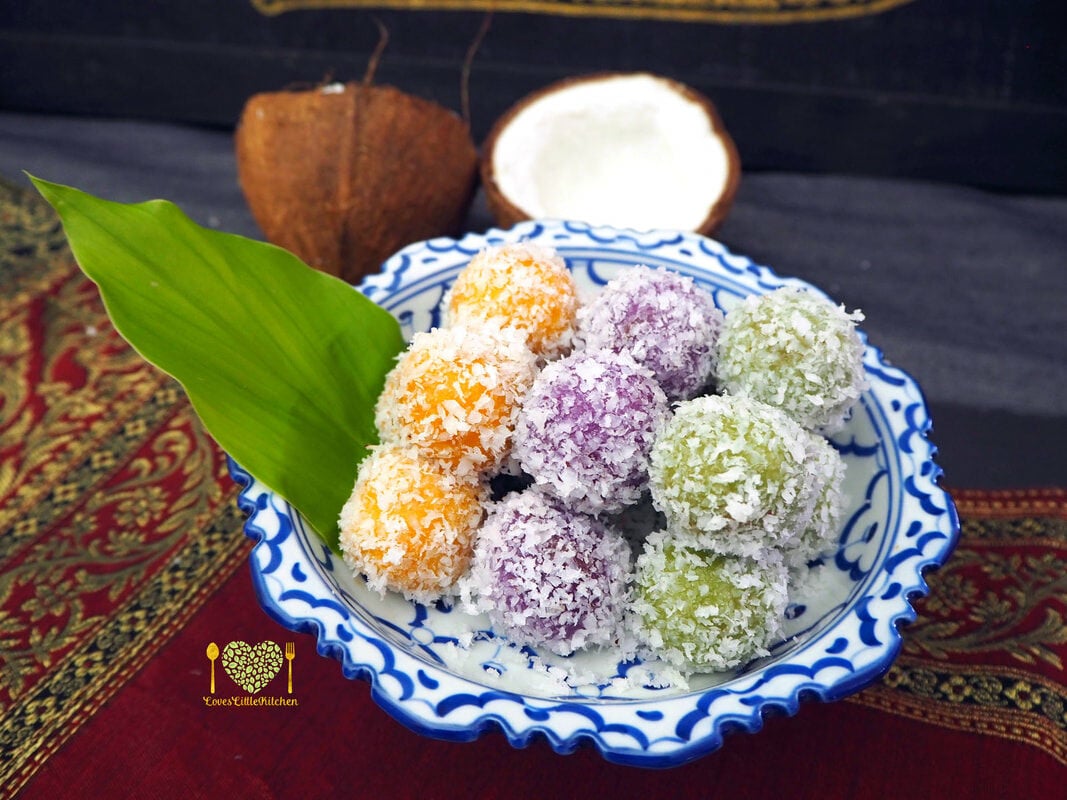Thai coconuts take China by storm: How RCEP sparks culinary craze

Thai coconuts have become a sensation, captivating the taste buds of the vast Chinese market.
Since the initiation of the Regional Comprehensive Economic Partnership (RCEP) in 2022, these delectable coconuts have found their way into an array of Chinese dishes, from cakes and coffee to hot pot extravaganzas.
Two years on, the RCEP has not only transformed the economic landscape for Thailand but ignited a gastronomic revolution in China. The RCEP, encompassing 15 Asia-Pacific nations, has given a significant boost to various Thai industries, including agriculture, textiles, and automobiles.
This economic alliance has proven to be a game-changer, with tariff reductions fueling a surge in trade and investments. In 2022, Thailand’s trade with RCEP members saw a remarkable 7.11% year-on-year increase, reaching a staggering US$300 billion (approximately 106 million baht).
The impact of the RCEP has extended beyond commerce, fostering a flourishing trade relationship between China and Thailand. Han Zhiqiang, the Chinese Ambassador to Thailand, reported that bilateral trade between the two nations skyrocketed to US$105.1 billion in the first 10 months of last year. China maintained its status as Thailand’s largest trading partner for the 11th consecutive year, dominating the agricultural export market, particularly with Thai tropical fruits amounting to US$5.8 billion.
Thai durians, once a niche delight, have now become a top stream product in the Chinese market. With unwavering support from the Chinese government, Thai agricultural exports, especially fruits, have reached unprecedented heights in China.
Thanks to the Belt and Road Initiative (BRI) and the RCEP, trade routes have diversified, facilitating the swift transportation of goods. The flagship BRI project, the China-Laos Railway, has slashed the time it takes to transport fresh Thai durians to southwest China’s Chongqing Municipality from eight to 10 days to a mere four days. This streamlined process has flooded local supermarkets with a diverse range of Thai products, turning them into household staples for Chinese consumers, reported Xinhua.
Industrial growth
The RCEP agreement’s influence doesn’t stop at culinary delights; it has also catalyzed industrial growth in both China and Thailand. Construction machinery from Guangxi Mesda Group Co., Ltd. has found a warm reception in ASEAN countries like Thailand. Huang Kanghua, the company’s chairman, expressed confidence in the ASEAN market, citing a surge in Chinese enterprises’ investment projects in Thailand – a staggering 196.6% year-on-year increase in the first nine months of the previous year.
Kirida Bhaopichitr, Director for the Economic Intelligence Service of the Thailand Development Research Institute, highlighted the pivotal role of Chinese investments in propelling industries like electric vehicles in Thailand. With Thai coconuts leading the culinary charge, the RCEP is proving to be the catalyst for a mutually beneficial economic and gastronomic alliance between China and Thailand.
Latest Thailand News
Follow The Thaiger on Google News:


























